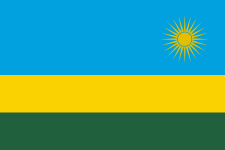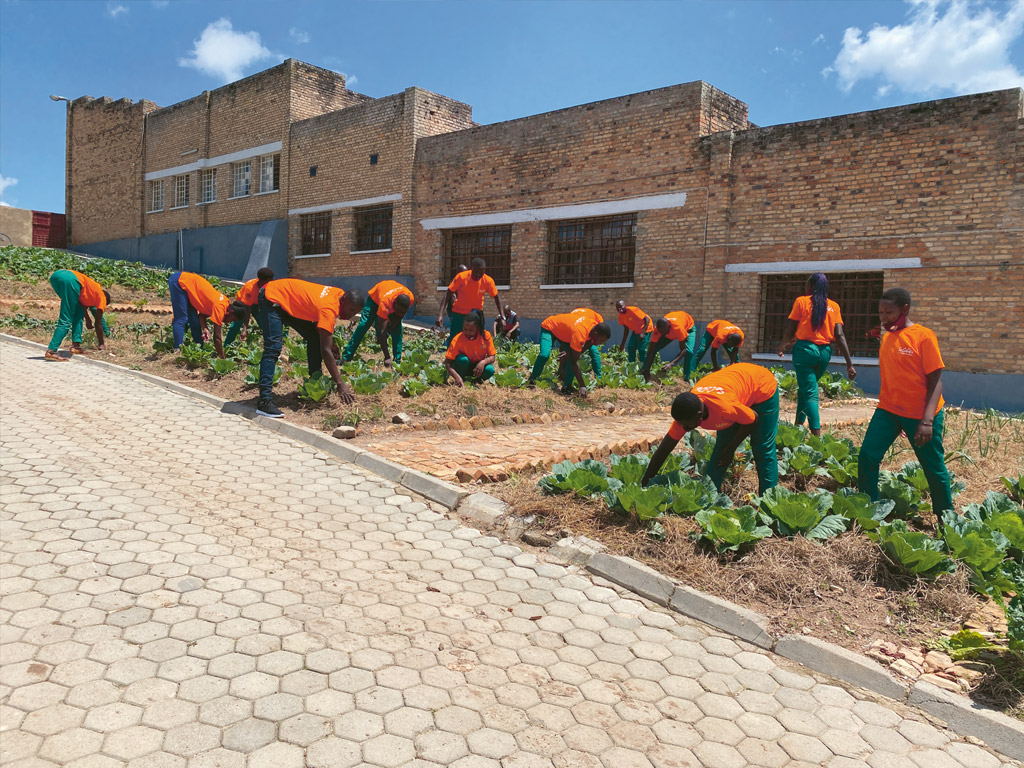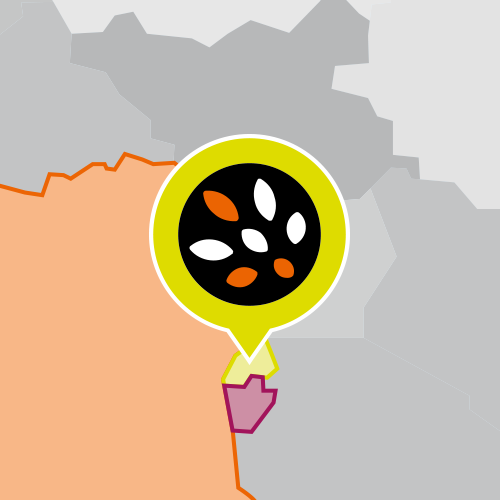
Capital: Kigali
Population : 14 million
56% of the population live below the poverty line
Life expectancy: 69 years
Areas of intervention: Food sovereignty, Education and vocational training, Gender and gender equality, Conflict prevention, Environment
HDI: 165th out of 191 countries
Literacy rate: 73%
Context
Rwanda, a small, densely populated country also known as the land of a thousand hills, is located in the Great Lakes region of East Africa. It has more than 13 million inhabitants over an area of 26,000 km2. Although located in the equatorial zone, it nevertheless enjoys a temperate climate due to its altitude. Landlocked, it has borders with Uganda, Burundi, Tanzania and the Democratic Republic of Congo.
Agriculture now accounts for nearly 90% of the country’s jobs. Yet, according to FAO figures in 2016, nearly 4 million Rwandans do not have enough to eat.
Much is being done to reunify the different factions in the population and to bring about peace. However, the stability of the country is also intrinsically linked to the stability of the wider area, and this is plagued by numerous conflicts, added to which are political and security abuses. Moreover, Rwandans are still deeply affected by the trauma of the genocide. Inequalities and poverty on top of post-traumatic syndromes are also a source of friction and generate violence. They reverberate at all levels of society. There has been a notable increase in domestic violence and the widows of the genocide are now swelling the ranks of the poorest. Meanwhile, the prevalence of young single mothers, often abandoned by their families, accentuates social tensions in certain communities already left behind.

Activities
In Rwanda, Secodev has focused its projects in the areas of food sovereignty, vocational training, prevention of conflicts and domestic violence, peacekeeping, gender and gender equality.
To promote food sovereignty, Secodev and its partners have focused on creating rural farming structures (farming organisations and associations), the transmission and teaching of agroecological production techniques including composting and partial ploughing, and the development of radical terraced crops. The organisation has also provided farmers with access to quality seeds to improve yields. The creation of farming organisations has led to improved food processing and marketing opportunities.
Vocational training is another key initiative developed by Secodev and its local partners in the country, notably with the opening of a regional training centre for agroecology, agroforestry and livestock studies. For Secodev, vocational training is essential for growth and development to be sustainable.
Since no country or region can develop without peace and stability in all strata of society, Secodev is equally committed to intervening at this level. Its work is also aimed at vulnerable and isolated people, particularly numerous in Rwanda after the genocide. Thus, Secodev provides tailored support to widows, widowers and young single mothers. The organisation also addresses both the wider prevention of violence and domestic abuse in addition to promoting gender and gender equality.


